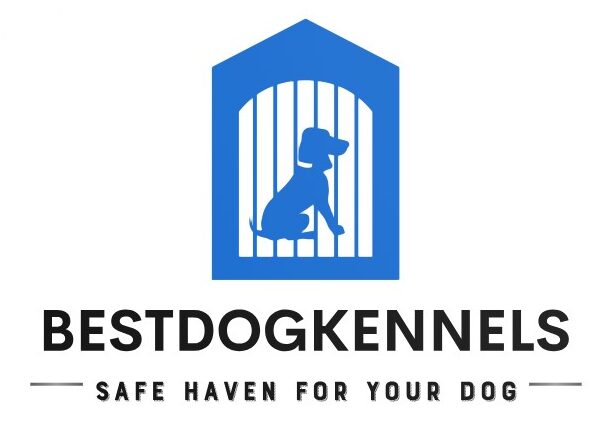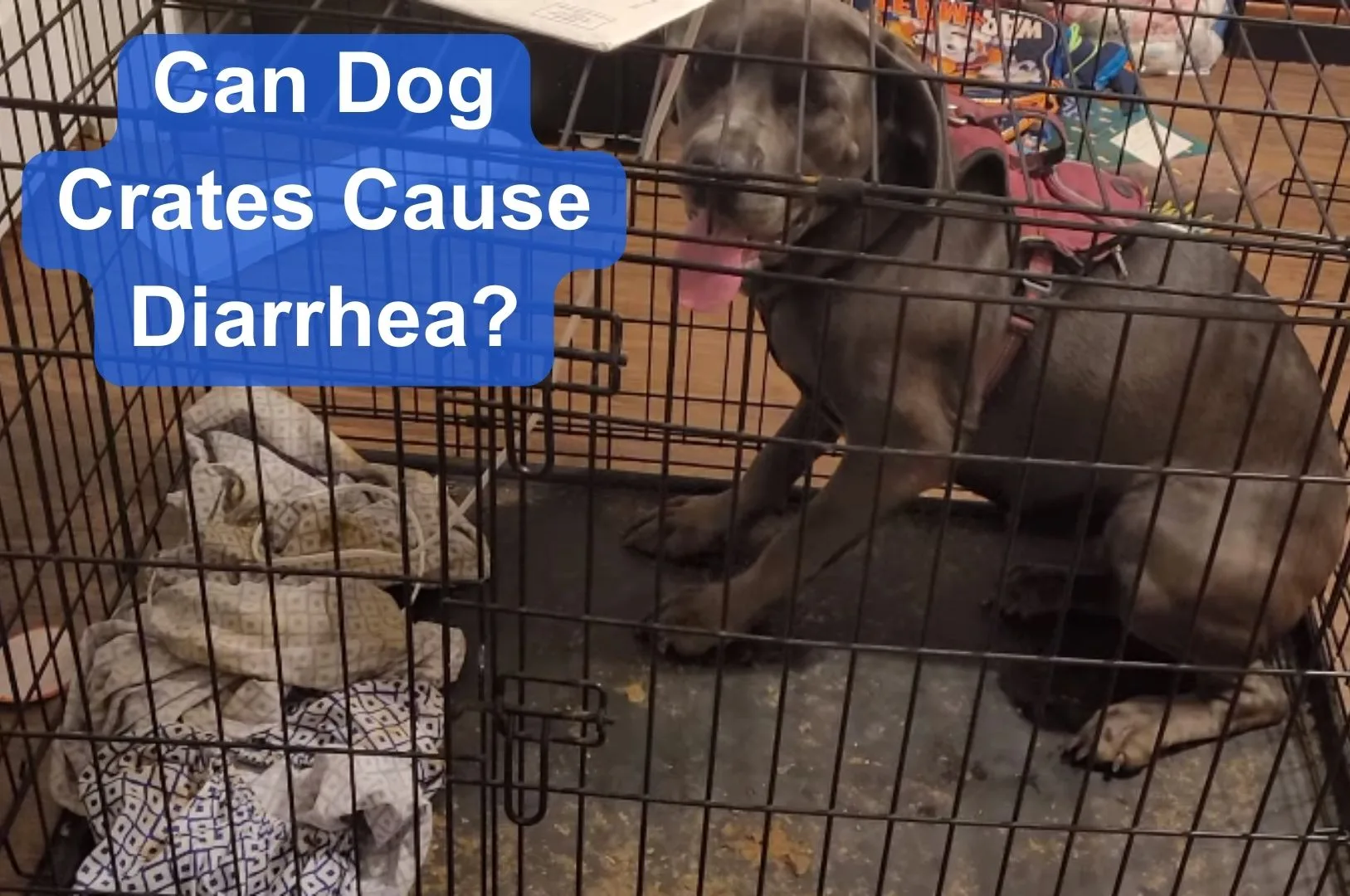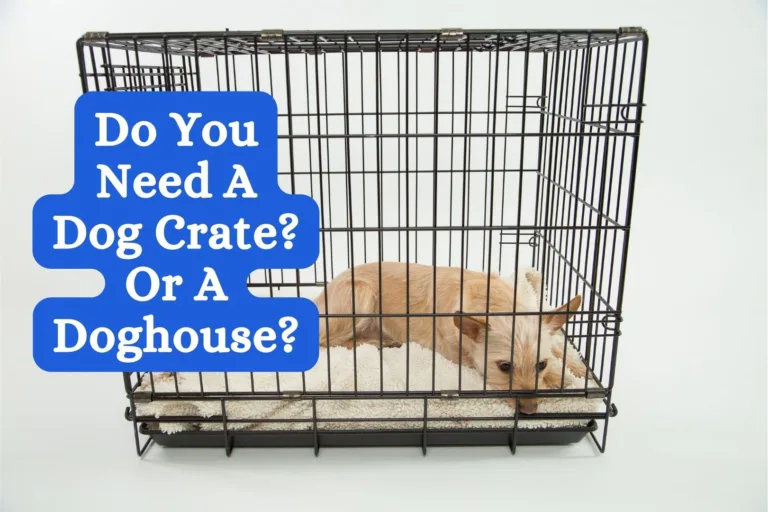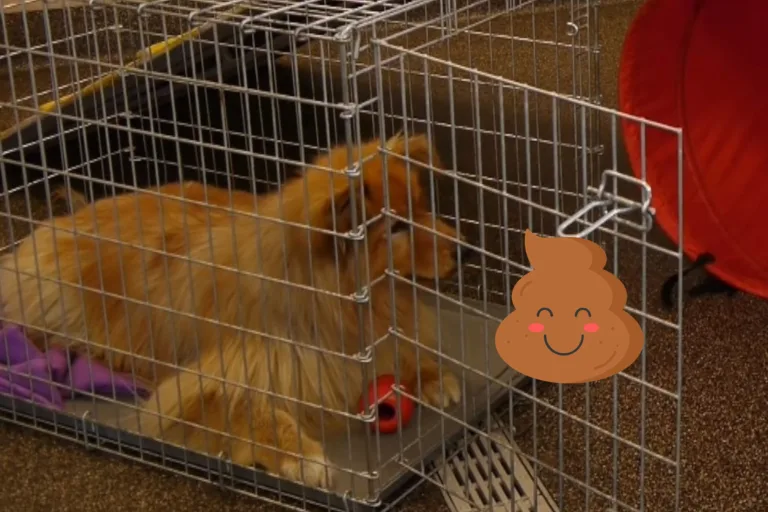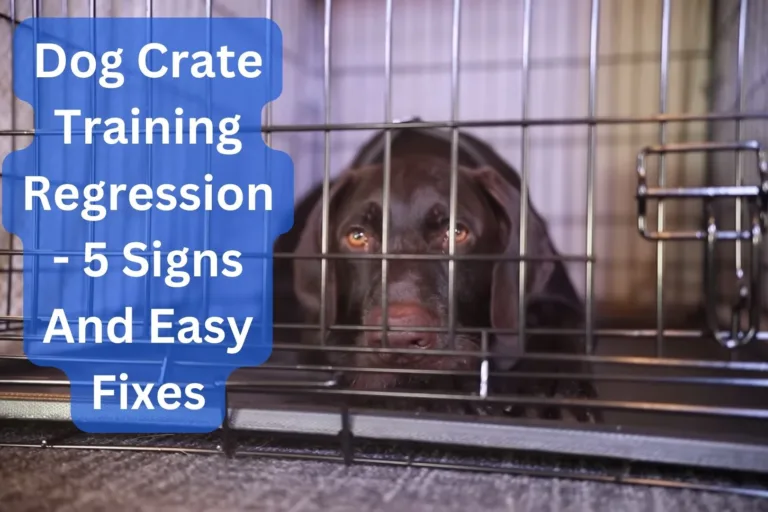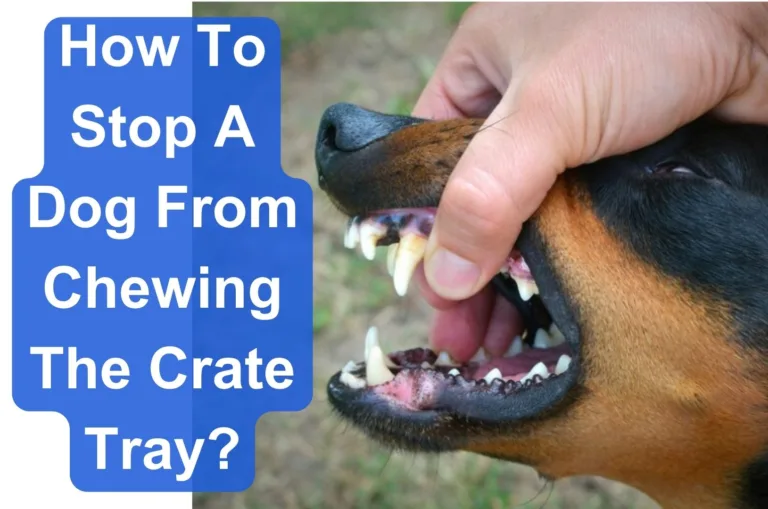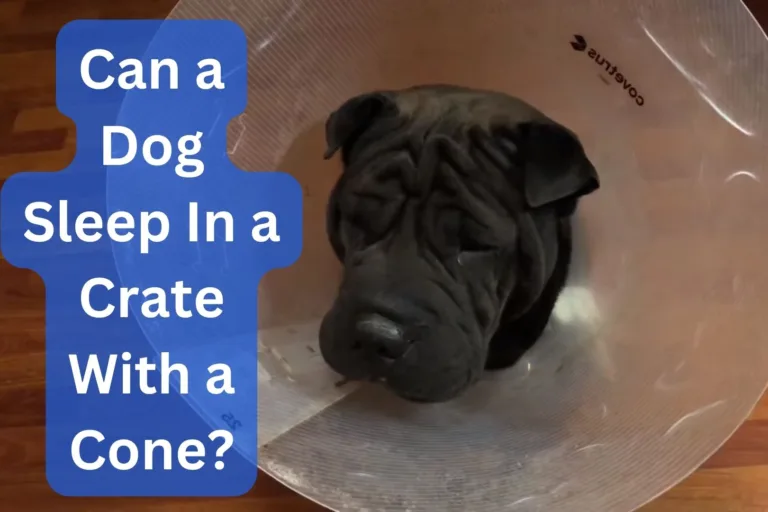Can dog crates cause Diarrhea in dogs?
Dog diarrhea is one of the most unpleasant and disgusting things that come as a snag for dog enthusiasts, and coping with it is not as simple and easy as it sounds.
As much as we hate dog diarrhea, we must learn to fight against it, as our beloved pooches depend on us for its cure.
Crates have become an essential feature in keeping dogs due to their convenience.
When pondering the potential causes behind your dog’s diarrhea, you may have wondered whether your dog’s crate may be the reason.
Yes, dog crates can cause diarrhea in dogs. However, dog crates alone can never cause diarrhea in dogs.
Only when combined with other factors can a dog crate trigger gastrointestinal issues in dogs.
There are many causes of dog diarrhea associated with dog crates, which include;
- Confinement-related stress and separation anxiety
- Improper crate size
- Restraint poop and pee eliminations, hygiene issues
- Coprophagia
- Limited access to food/water
- Inconsistency in feeding or watering schedule
- Insufficient mental and physical stimulation
All these can lead to diarrhea in both younger and older dogs.
Plus, if your dog has a history of gastrointestinal issues, food sensitivities, or other underlying medical issues, they are more prone to having stress-induced diarrhea when constrained in crates.
In this article, we will share amazing insights to discuss ‘Can dog crates cause diarrhea?’ So sit tight and read this article to the very end.
Table of Contents
Anxiety and Stress:
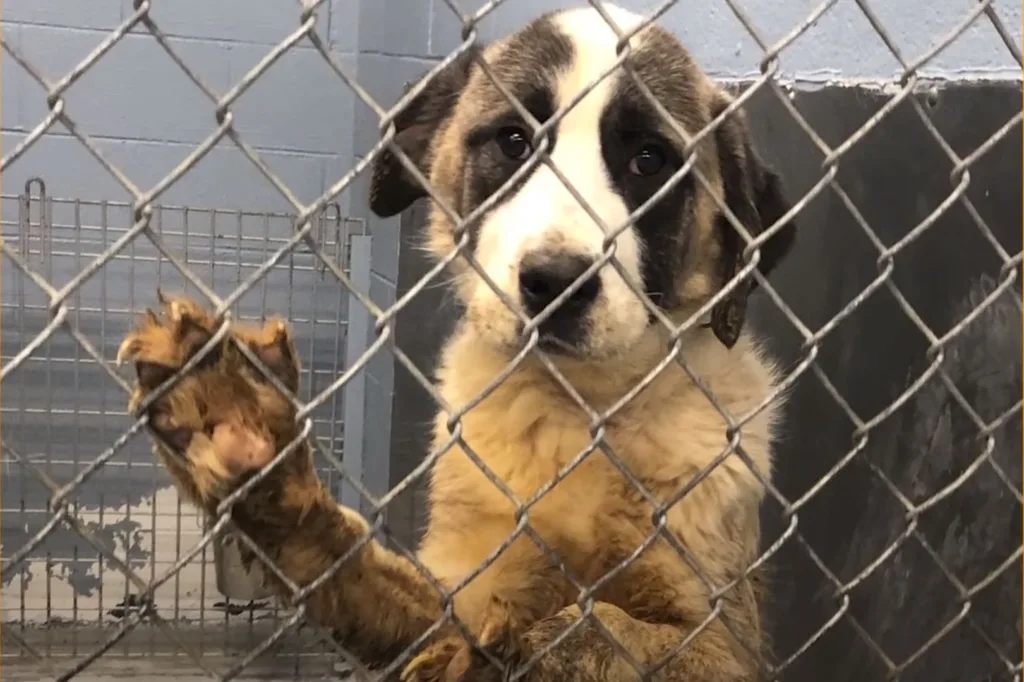
Whenever your dog faces stress and anxiety, it is bound to harm his gastrointestinal system adversely.
If your dog is confined to his crate for more than 8 hours and is left there all alone with no proper crate training, his bowel movements will be affected.
Increased stress levels due to separation anxiety can also lead to diarrhea in dogs.
Improper Crate Sizing:
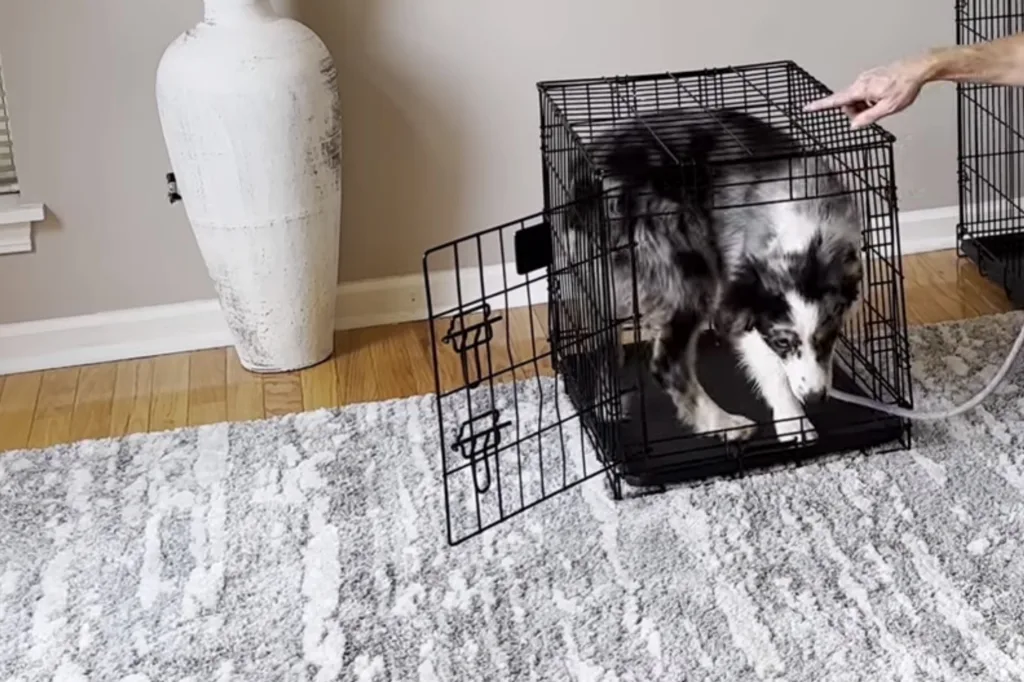
When choosing a crate, the first and most essential thing you must do is measure the dog’s size properly.
Your crate must be large enough for your dog to move around, stand up, and rest comfortably.
Furthermore, your crate shouldn’t also be too large for your dog so that he may associate separate areas for pooping and resting.
Too small crates cause severe physical discomfort and restlessness in dogs, resulting in gastrointestinal issues and diarrhea.
Due to the discomfort caused by small crates, dogs may avoid doing their business in their crates and hold their bowel movements for extended periods. As a result, diarrhea may occur when finally given the opportunity to relieve themselves.
Your Dog Crate Has Hygiene Issues:
Dirty and soiled crates can further contaminate your crate with bacteria and pathogens. Thus increasing the overall risk of infections and diarrhea in dogs, especially in young pups.
Poor ventilation of the crate is another factor that may lead to diarrhea in dogs.
If the overall temperature remains too cold or too hot, it may induce stress in your furball.
Lack of airflow may also compound odors, create further unhealthy conditions in the dog crate, and increase the risk of stress-induced diarrhea.
Behavior Related Issues:
As discussed earlier, dogs may become reluctant to pooping and peeing in their crate, holding their bowels for long intervals.
Thus, resulting in stress-induced diarrhea when given the opportunity to finally poop.
Caprophagia is a behavioral condition when an animal starts to eat its own feces.
It is one of the many mental issues generated by confinement and stress.
If your dog starts to eat his own feces (Yulk!!) in his crate, he has a higher risk of catching stomach and intestinal bacteria and infections, all leading to severe diarrhea in his crate.
Diet Routine In The Crate:
If your dog’s eating and drinking schedule is inconsistent or there is a sudden change in it, it may disrupt his digestive system, resulting in diarrhea.
Especially when an inconsistent diet is combined with the stress of improper confinement and crating, expect watery, puddle-like poops.
In a dog crate, your dog may have access to inappropriate eating objects like blankets, toys, and trays. If ingested, the diarrhea can be severe.
The food you leave in the crate for the entire day may get contaminated if the dog poops and pees on it or if there are sudden changes in temperature.
Ingesting such food or water can also lead to diarrhea.
Absence Of Mental Or Physical Stimulation:
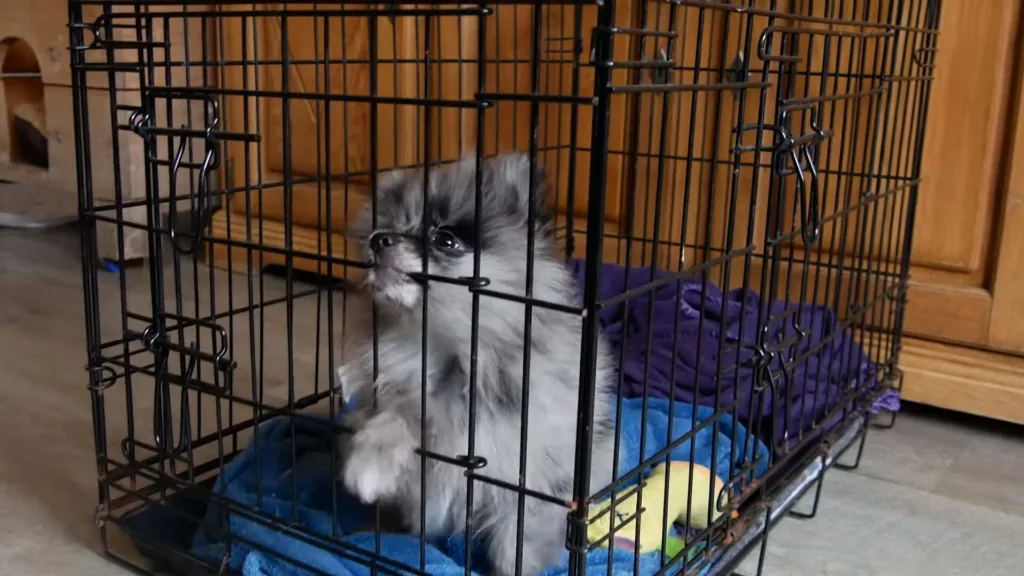
If you have a dog that is confined to his crate all day, then you should be concerned because your dog is at a high risk of stress-related diarrhea.
This dog has excess boredom, frustration, pent-up energy, and anxiety. All contribute to gastrointestinal issues and diarrhea.
Prior Health Issues:
Any dog that has an already existing medical condition, like food sensitivities or a gastrointestinal disorder, is more prone to having diarrhea when confined in a crate.
This is because such dogs have more sensitive gastrointestinal systems than normal dogs.
Moreover, long-term stress and anxiety in dogs that are ill-kept in crates can eventually weaken their immune system and make them more susceptible to diarrhea and other infections.
Wrapping Up!
This sums up our experience on can dog crates cause diarrhea in dogs. We hope you understand that dog crates may be one of the reasons that may trigger diarrhea.
If the dog is not kept in the crate according to the dog’s physical and mental needs, things can go south quickly!
Moreover, if the dog’s crate is not sized properly, has hygiene issues, or the dog has very little physical or mental activity, has previous health issues, it can trigger diarrhea in dogs.
But, if you are a responsible dog parent and you also take care of all his mental and physical needs, then you don’t need to worry one bit. Your dog is going to be totally fine!
Like what you read? Do read our other articles on Dog Kennels, Crates, and Houses.
Thank you for your time, and good luck crating your dogs!
